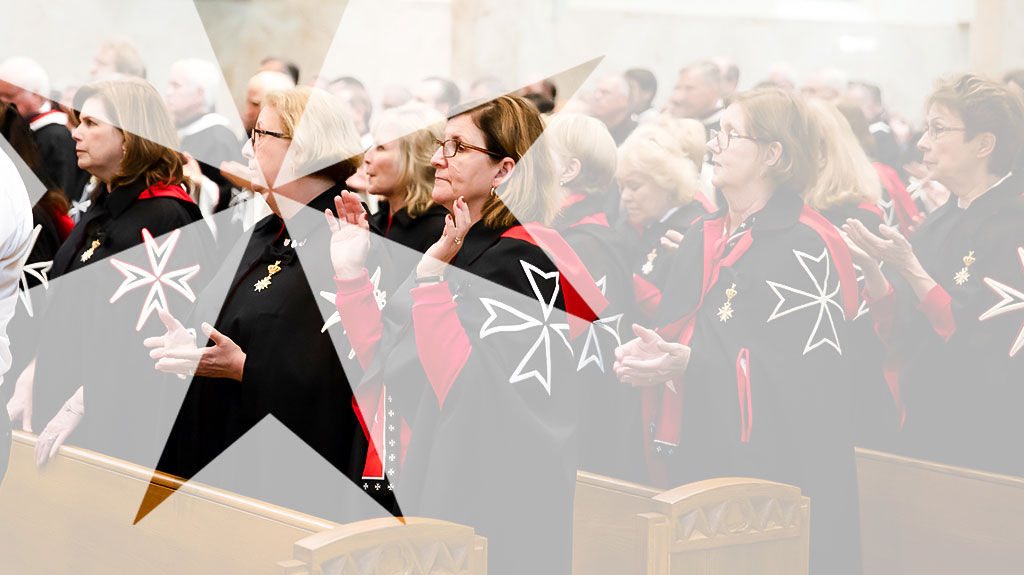When I walked through the library at the Dominican House of Studies the other day, I encountered a table loaded with books headed for the dumpster. I looked through the pile and came away with Meditations for Layfolk, a volume by Bede Jarrett, an English Dominican from the turn of the last century.
The final meditation is devoted to peace, and Fr. Jarrett makes a very interesting observation. “It is sometimes said that those who live away from God can have no peace in their hearts: but a far more terrible punishment awaits them – namely, the exact reverse.” Jarrett argues that peace – as the world understands, and gives, it – brings with it happiness and security. This is real peace, and while it lasts, it cannot be distinguished from the peace Jesus promises.
Its temporary nature, of course, is the defining, and fatal, flaw in this peace. And this affords Jesus the reason to tell his followers – to tell us – “not as the world gives do I give to you.” Our Savior’s peace does not depend upon external goods or circumstances. The world’s peace is a “negative” peace, dependent upon the lack or absence of external turmoil and distress. It is temporary, because it is prey to any number of economic, political or other threats and challenges.
Christ’s peace, by contrast, is an internal, spiritual, and lasting state, in which we long for nothing more than what God has given us. This cannot blind us to the needs of the world, or excuse us from extending Christ’s charity toward the poor and sick, but this interior peace, which is God’s gift, enables us to face these needs with equanimity.
Jesus, of course, is our example as we strive for this peace. The human Jesus decried the hypocrisy of the religious leaders he encountered. His regard for the holiness of the Temple moved him violently to drive out the money-changers and livestock merchants. In the Garden, after the Last Supper, he was tormented as he anticipated the horrors to come the following day. On the cross, he suffered both thirst and doubt. And yet, our author concludes,
…these should never break in upon the profound peace of mind…I accept the will of God, and the rest does not matter…The peace, then, of Christ is within the will, unaffected by outward conditions, sustained alone by conscious devotion and submission to the Father that sent me.
This conjures up the image of a quiet world within us, where we find the resources with which to bring the healing touch of Christ’s peace to an anguished creation. Our theology teaches that peace is a state of tranquility within oneself, or among individuals. Our internal peace is the personal treasury from which we draw solace for our troubled world.
God is the source and cause of our peace, but we might reasonably ask how we can cultivate and build upon God’s gift. Perhaps we can expand on the “submission” Fr. Jarrett remarks above, and say that fostering an attitude of quiet surrender is a good place to start. “Quiet” speaks for itself; “surrender” may require a word of explanation. The dictionary defines “surrender” as, “To yield to the power of another… to give up completely, to relinquish.” To relinquish ourselves. Entirely. To God.
Warning: Trying to access array offset on value of type null in /www/orderofmaltawesternassn_874/public/wp-content/plugins/oxygen/component-framework/components/classes/code-block.class.php(128) : eval()'d code on line 106

